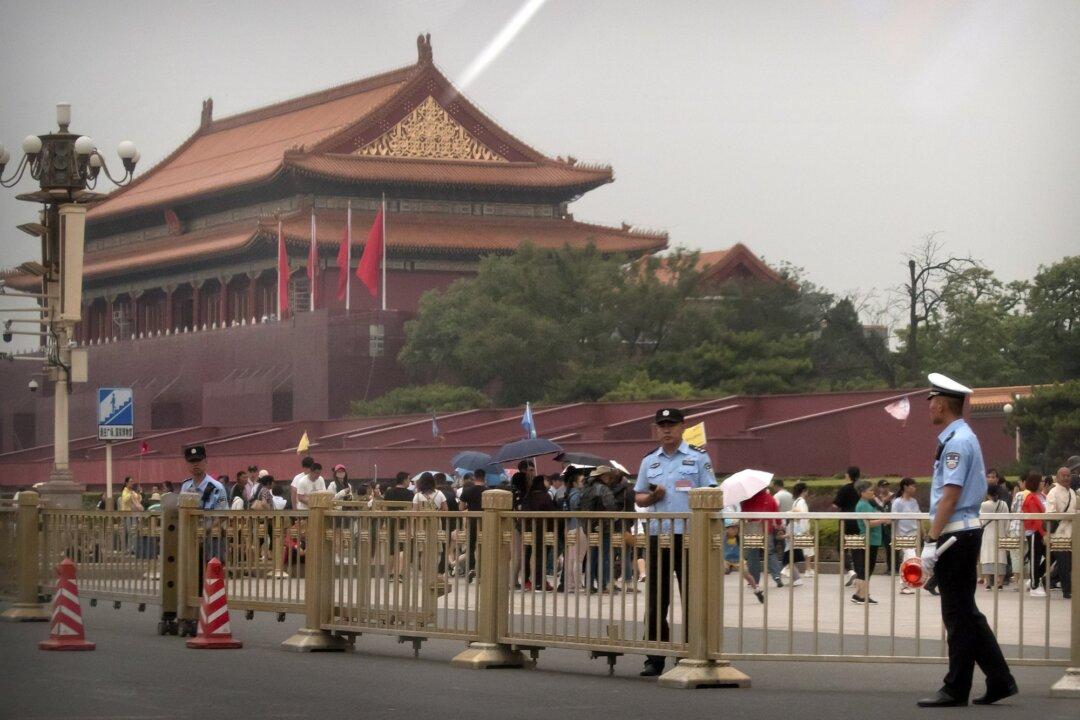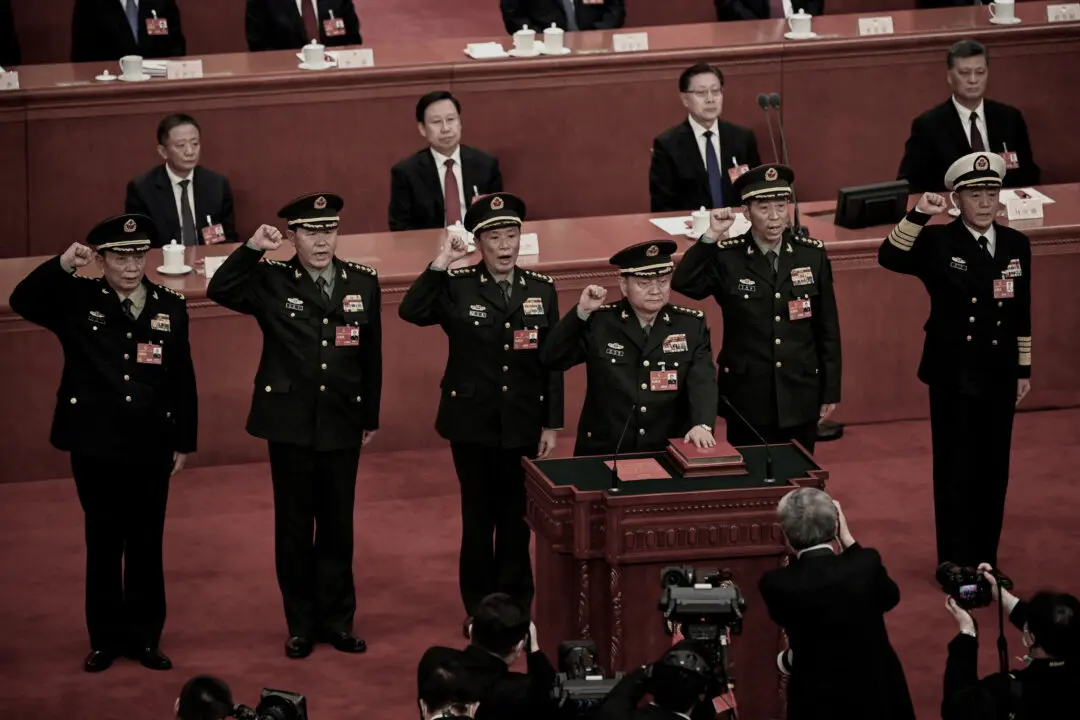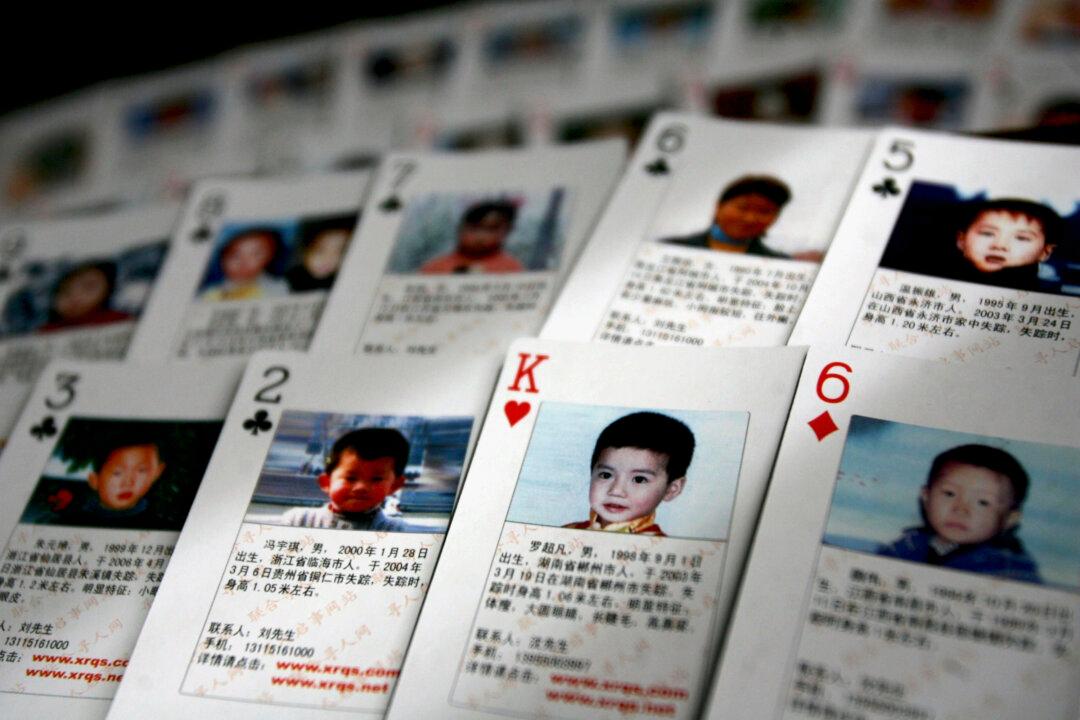Commentary
Taiwanese ophthalmologist Jo-Hsuan Wu and her team received a reply on Aug. 24 from the editorial office of Eye and Vision, an international medical journal, about a research paper they submitted on retinopathy. To their surprise, their paper had been subjected to political censorship, and required the authors to change “Taiwan” to “Taiwan, China” when identifying their nationality. Otherwise, the paper would be rejected without further consideration.





